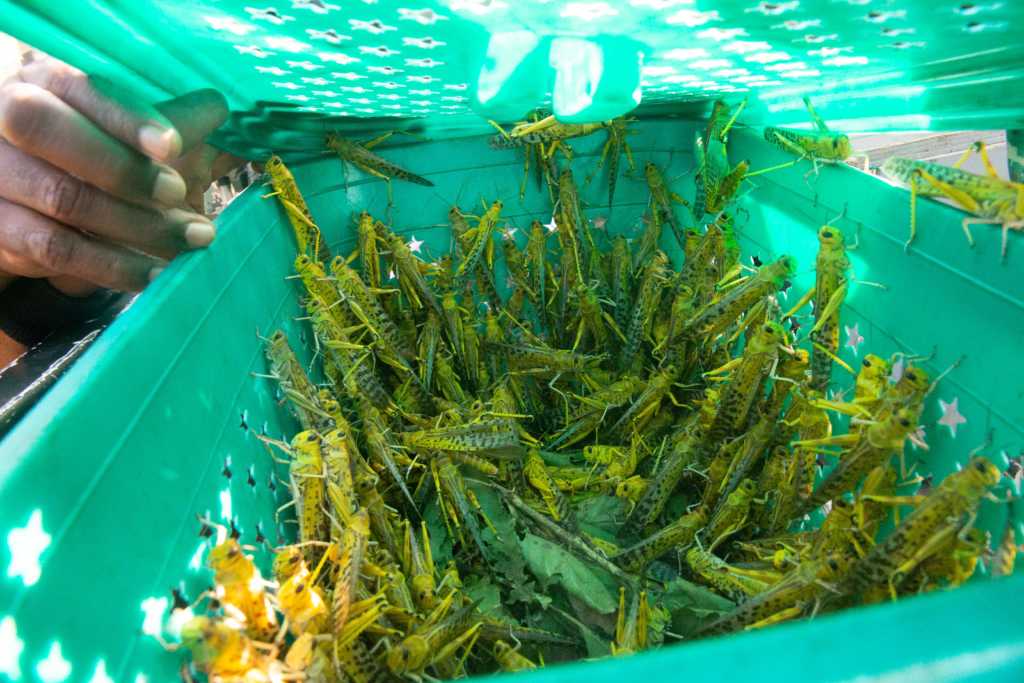The plague of locusts that is marching through Africa is also invading other continents as well.
While billions of the locusts are ravaging East Africa and devastating crops, massive groups of the insects are also swarming through the Middle East.
There have been reports in countries like Yemen, Iran and Pakistan, even into India, as well as new reports of locusts crossing into China.
That could lead to deadly threats of hunger for millions of people in the regions. The United Nations has warned of the risk of a catastrophic famine.
CBN News’ Senior International Correspondent George Thomas explained on the 700 Club Tuesday that officials from the Food and Agricultural Organization recently warned the Chinese authorities about the swarm of locusts arriving in Xinjiang Province in western China.
“China told the United Nations that they have been tracking this particular swarm coming into the western part of China so they are not concerned,” he said.
“This is the winter season in Xinjiang so Chinese authorities told the national media in the last 24 to 48 hours that they are not concerned of any threat from these locusts because it is winter time,” Thomas said. “They say it is very unlikely that these locusts will travel further inland into China.”
In the Middle East, the locusts proliferated after unusually heavy rains and two cyclones that dumped a vast amount of water in the deserts of Oman.
“Off the coast of Yemen and Oman there is a desert region with no water and last year they got hit by torrential rainfall then had two cyclones hit that very region. This is very unusual and those conditions gave rise and allowed these locusts to multiply by the millions,” Thomas explained.
The swarm sweeping across much of east Africa is the greatest concern for those already facing food shortages.
“India, Pakistan, Iran, China are not dealing with acute food shortages and are not so much at risk,” Thomas said. “The biggest concern are those living in Africa. The planting and the harvest season happens between now and June. Eighteen million to 20 million are already facing food shortages and this is making it worse.”
Even a small swarm of the insects can devour enough food for 35,000 people in a day.
With further rains expected in the region in the coming weeks, the United Nations is fearing that the number of locusts could grow by up to 500 times by June.



